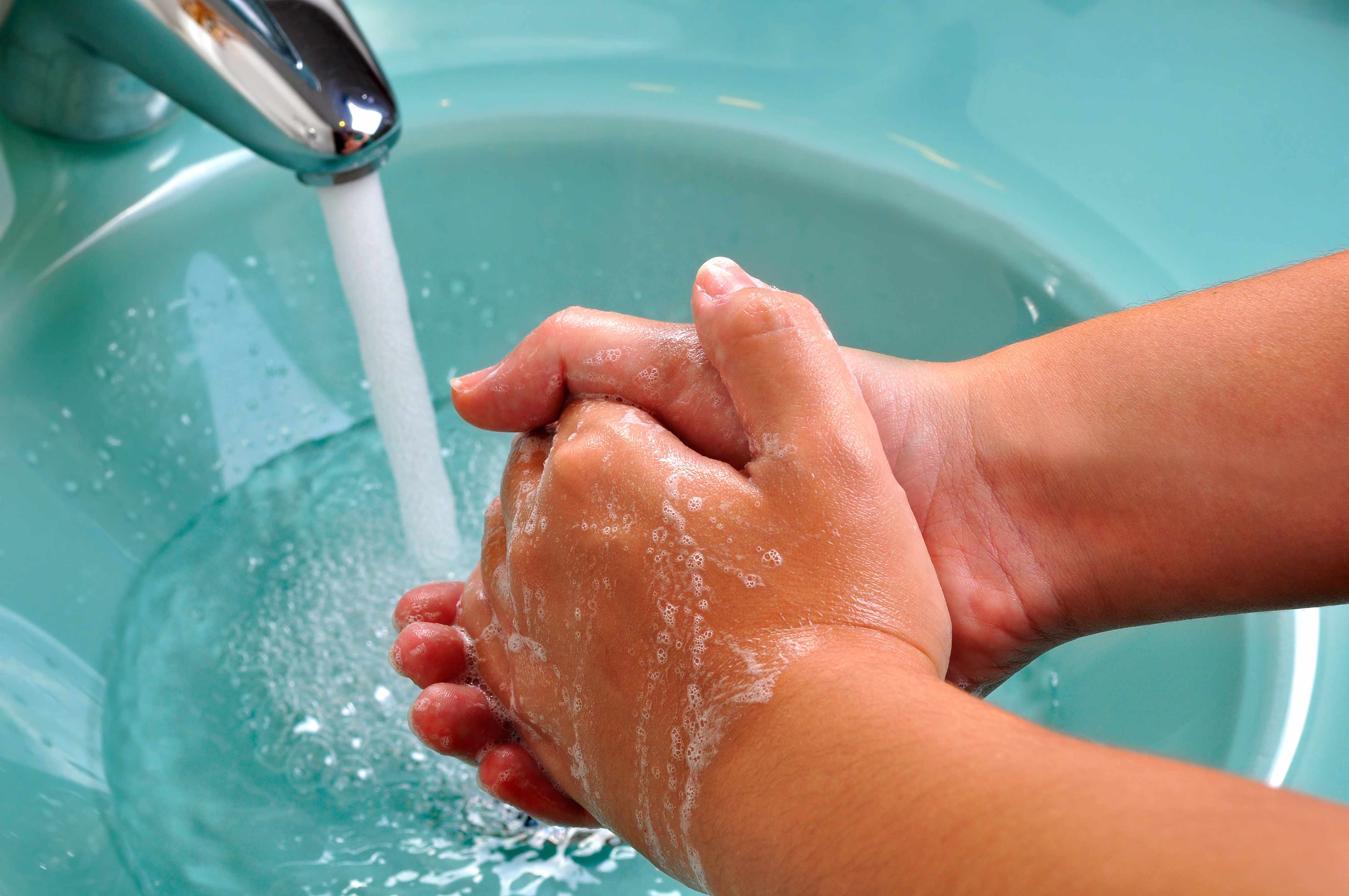
It's important to teach your children good hand hygiene at home as they get ready to head back to the classroom. Dr. Robert Jacobson, a Mayo Clinic pediatrician, says parents needs to be the leaders when it comes to ensuring their children know the importance of clean hands.
"Hands turn out to be the dirtiest things — the things most likely to carry germs, and the things we’re more likely to put near our mouths, near our food, in our nose, and in our eyes," says Dr. Jacobson. "If you’re talking about weapons of mass destruction at home, you’re talking about the hands. Hand hygiene is difficult if you just depend on it happening at school and you don’t do anything about it at home."
Watch: Dr. Robert Jacobson talks about hand hygiene.
Journalists: Broadcast-quality sound bites are in the downloads.
Parents have an opportunity to lead the way. Dr. Jacobson says children need to get into a habit about hand-washing, and they’ll do it when they have examples at home.
"I ask my parents to be demonstrative when setting examples for their children. Say things like, 'It's time to get breakfast ready. I'm going to wash my hands with soap and water before I reach into the refrigerator to get your food. I just came in from taking out the trash. I can pour you a glass of milk, but I have to wash my hands first. The bottle dropped on the floor. Let me pick it up, clean this up and go straight to the sink and wash my hands with soap and water before I go back to eating."
The Centers for Disease Control and Prevention (CDC) stresses the importance of proper hand hygyiene as a way to help families and communities stay healthy. Despite widespread knowledge of the importance of hand-washing, the CDC says there is room for improvement. A recent study showed that only 31 percent of men and 65 percent of women washed their hands after using a public restroom.







